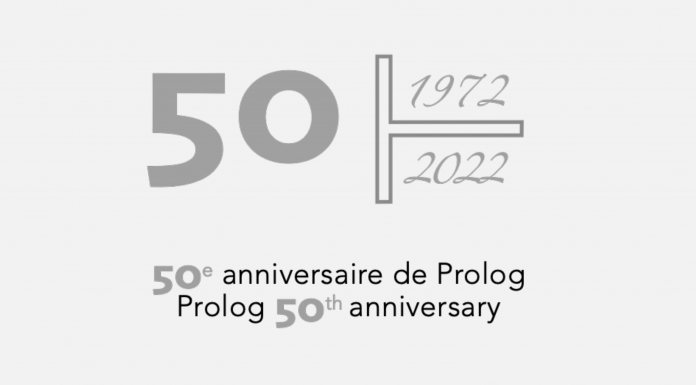50 years ago, Alain Colmerauer laid the foundations of Prolog, the first computer language for "logic programming". Like LISP, it was to become one of the key tools of Artificial Intelligence (AI). After its glory days in the 80's with the worldwide repercussion of the Japanese fifth generation computer program, Prolog entered little by little with expert systems and more generally AI into a long winter where many saw the omen of a final death. Today, the revolution of deep learning for artificial neural networks (Deep learning) has shown in a brilliant way that AI could be reborn and become essential in major applications ranging from facial recognition to natural language interrogation.
This spectacular breakthrough of "probabilistic" AI in our daily life should not however make us forget its "symbolic" counterpart. Rule-based declarative methods such as those used in Prolog are more than ever necessary to explain the decisions made by AI systems, whether they are produced by machine learning or from an explicit knowledge representation.
Outside of AI, symbolic approaches remain crucial for most applications, notably for solving complex combinatorial problems in mathematical optimization - an area in which constraint logic programming has made significant progress. Symbolic approaches are also useful in more classical information processing applications, as relational databases share the same foundations with logic programming.
In all these cases, Prolog-style programming offers a high level of abstraction and expressive power that can be used for both rigorous program specifications and efficient implementations. Without exaggeration, it can be said that through its declarative approach to programming, Prolog will have laid the foundations for tomorrow's more human-friendly general purpose languages.
5 years after the death of its creator, Prolog's 50th anniversary year aims to illustrate the potential and vitality of symbolic AI.
Announced last October during the scientific day of homage organized by the University of Aix-Marseille, the "Year of Prolog 2022" will be built around two federative initiatives:
- An Alain COLMERAUER Prize awarded by an international jury to close a contest open to all for the most significant achievement in Prolog technology.
- A "Prolog School Bus" that will travel around the academies to reintroduce declarative programming concepts to the younger generation. This is a long-term initiative that will be launched during the year. The purpose of this "Tour de France" (and elsewhere) will be to familiarize schoolchildren with Prolog, as they are already familiar with the Scratch1 language. At the end of this school caravan, a prize will be awarded to the "nicest" Prolog program written by a student. The logistics for this event will require the collaboration of as many people as possible.
- A founding committee whose members are at the initiative of Bob Kowalski, Jean Rohmer, and Célestin Sedogbo, the signatories of this call.
- A Patronage Committee, as large as possible, gathering physical or moral persons from different countries of the world.
Translated from Cinquantième anniversaire de Prolog, premier langage informatique de «programmation en logique»


